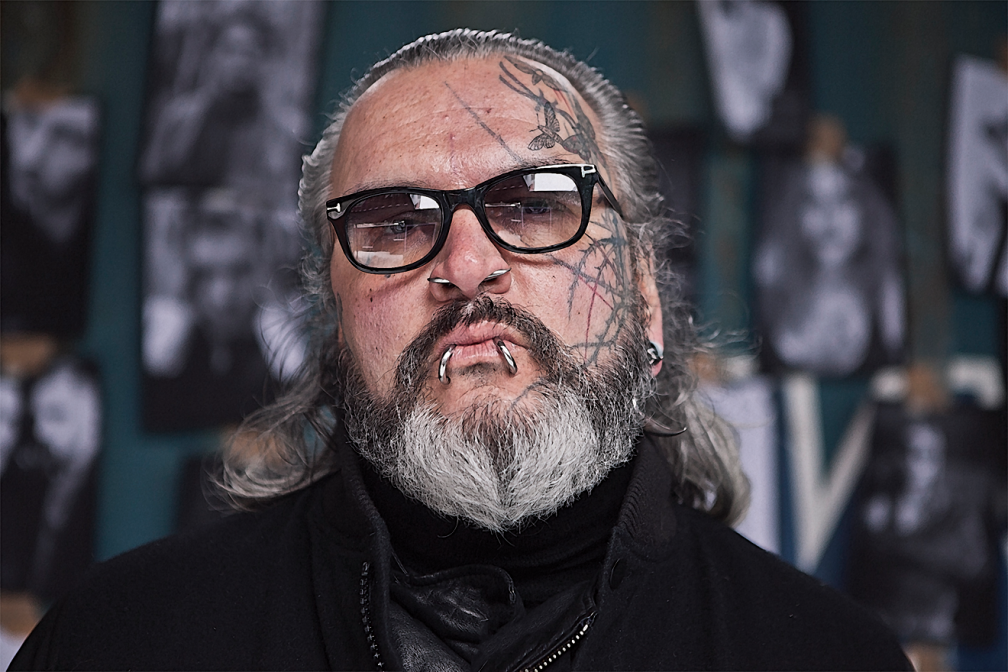 Features
Features
Bring Back Door Pickers
Why door pickers are a good thing for clubland - and what a decent one really does
In the late 90s, Toni Tambourine was a door picker at some of London's most legendary venues. Now, a handful of UK clubs are reviving the practice. Here Toni explains why door pickers are a good thing for clubland - and what a decent one really does
I was a fanatical clubber in the 90s and 00s, a time that was very different from now. It was a time of outrageous clubwear, with brands competing to outdo each other with their garms; a time when young British designers like Alexander McQueen, Nick Coleman and John Richmond were out wearing their own designs, Rankin was in clubs photographing and documenting everyone who looked outside the norm and everyone wanted to look as though they'd stepped off a catwalk. And door pickers were everywhere.
"Sorry, not tonight" are words spoken by club gatekeepers since the 80s – and not in a clichéd, 'Your shoes are shit and you have fake ID' kind of way, either. Instead, think the Blitz club (the post-punk new romantic breeding ground for today's modern scene), or early house clubs like Love Ranch, The Wag or The Brain, and legends like Phillip Salon at Taboo or Jenny Rampling at Shoom. More than a decade later they were still part of most weekends across the nation. Notorious pickers were firmly in place at London venues The Cross, Hanover Grand, The End, Turnmills and the last remaining London superclubs, Ministry Of Sound, Home and Fabric. In the Midlands and the North of England, Miss Moneypenny's and Chuff Chuff, Golden in Stoke, Vague, Speed Queen and of course the institution that is Back 2 Basics in Leeds all had their feared, militant door people – in fact, Basics' Gaz Lethbridge was on the door for an honorable 23 years.
At that time, clubbing wasn't just about who was DJing. It was about the whole experience, the venue, the decor (some clubs would spend more on decor back then at the time than on the DJ's fee), the soundsystem and of course a flamboyant door picker who would be central to the whole experience. I remember standing in line at The Milk Bar – a small and painfully cool venue owned by Nicky Holloway, who was instrumental in making Ibiza what it is now, with Rampling and Paul Oakenfold. I remember taking hours to get ready and look my best, trying to appear confident and hoping and praying I would be let in. When I saw other people being turned away and eventually they let me in, I don't think there are words to describe how good it made me feel – it set the night up in the most glorious way. I felt like I belonged. Like I'd earned it.
Continued...


